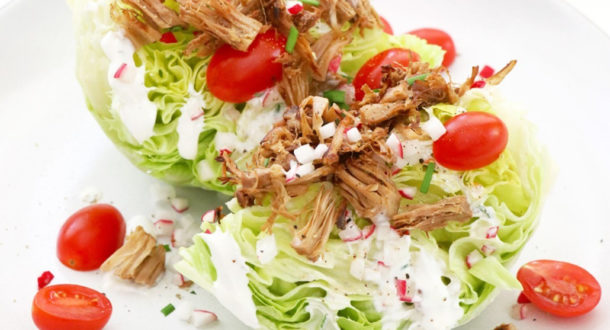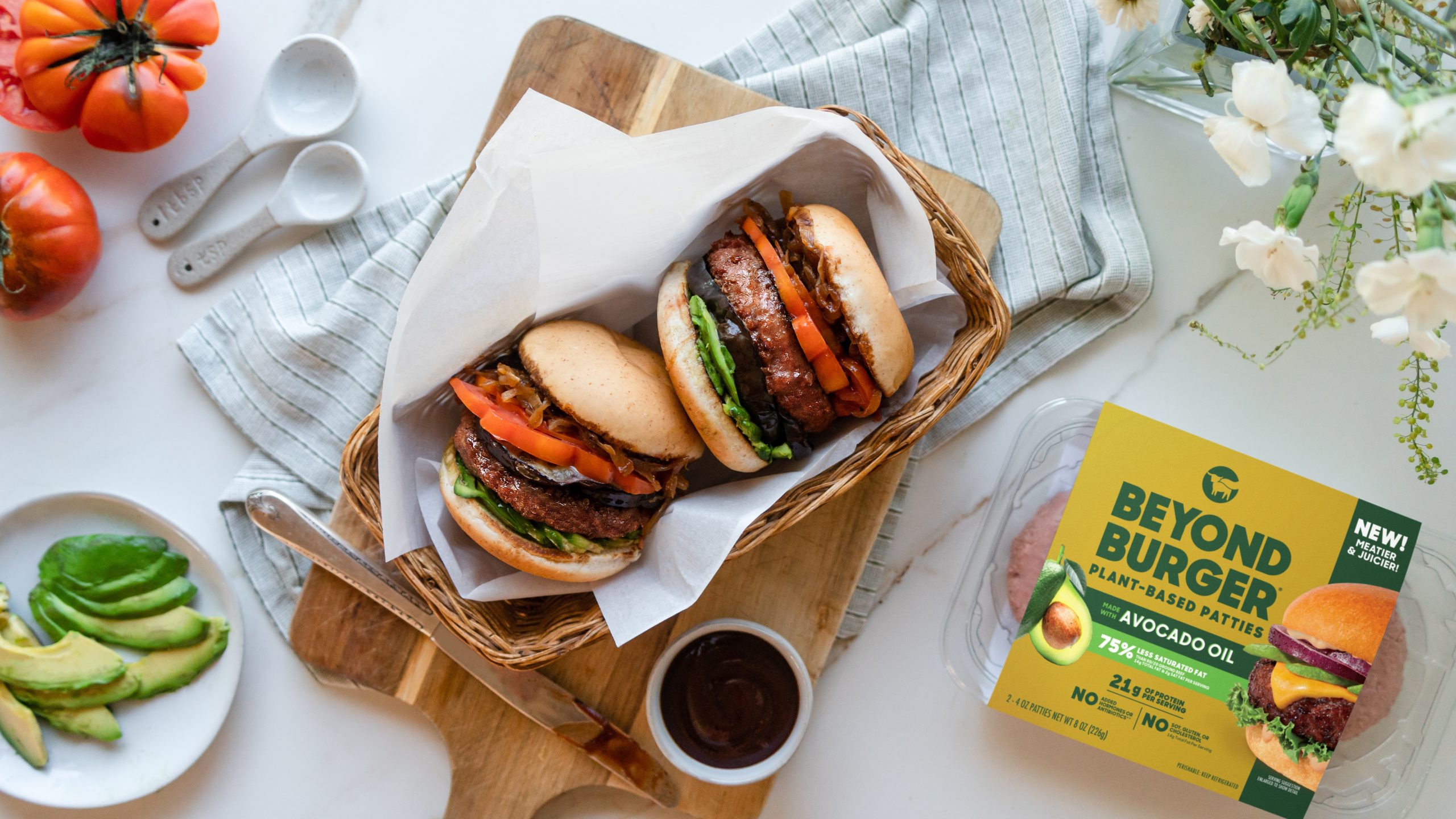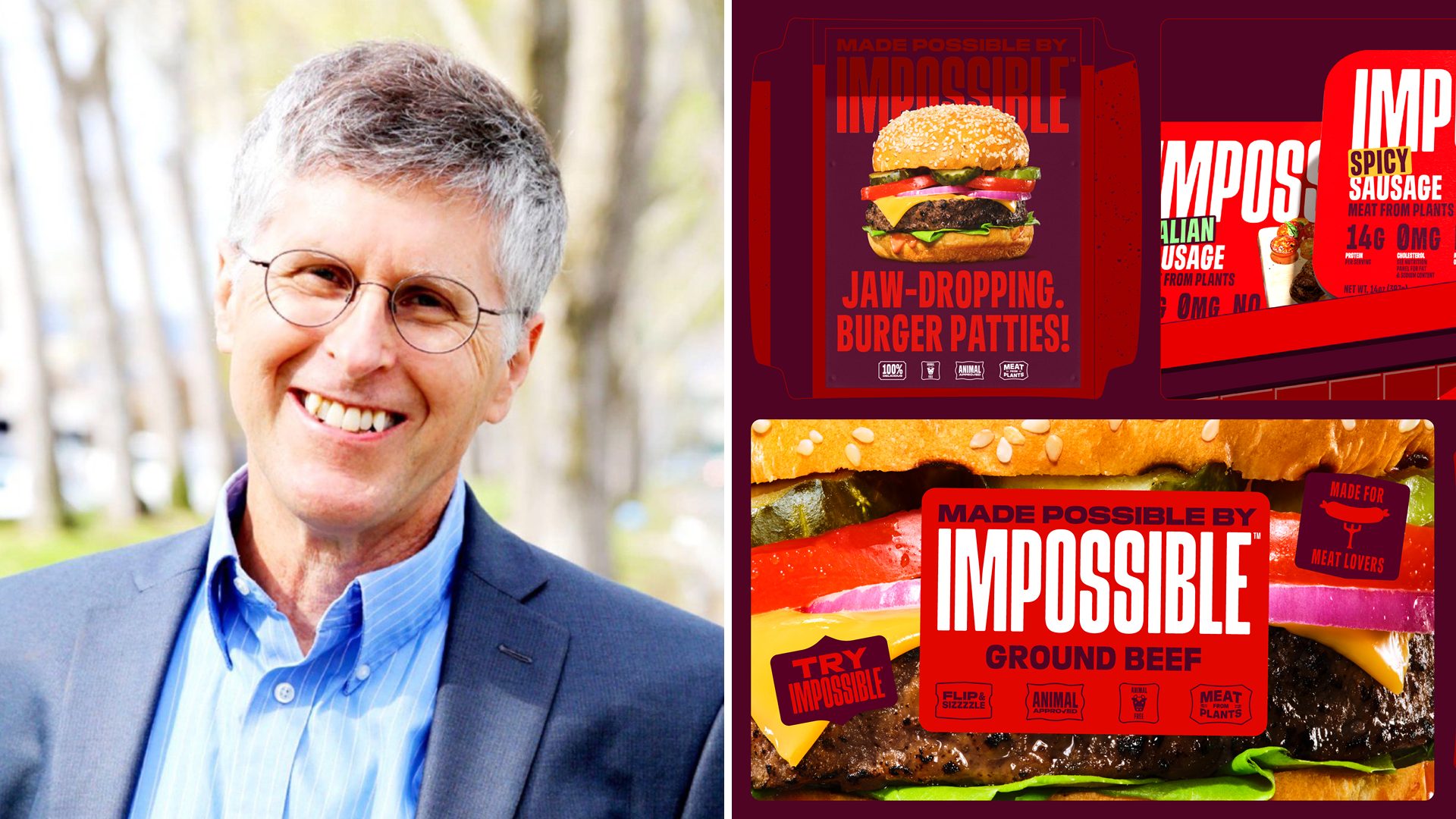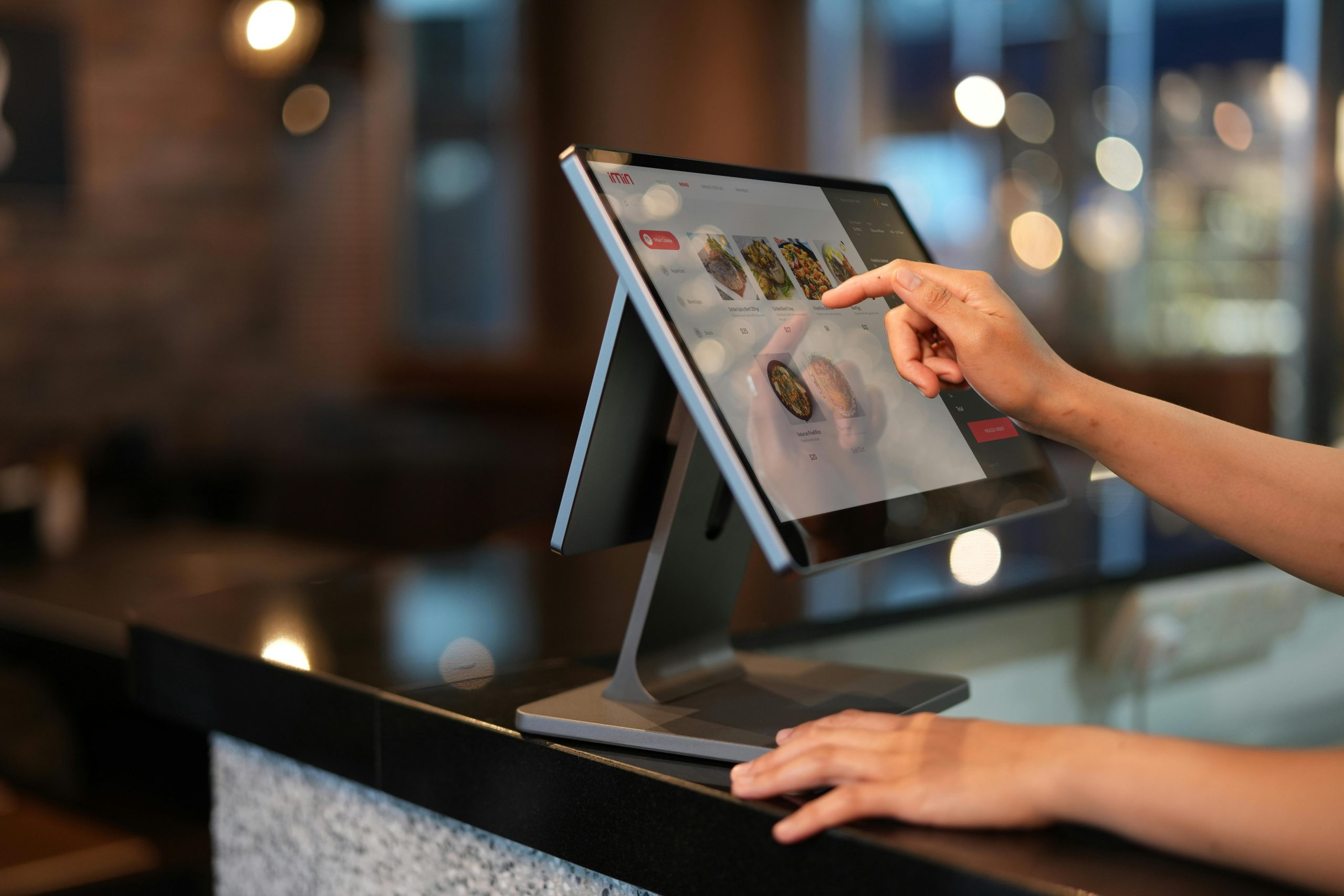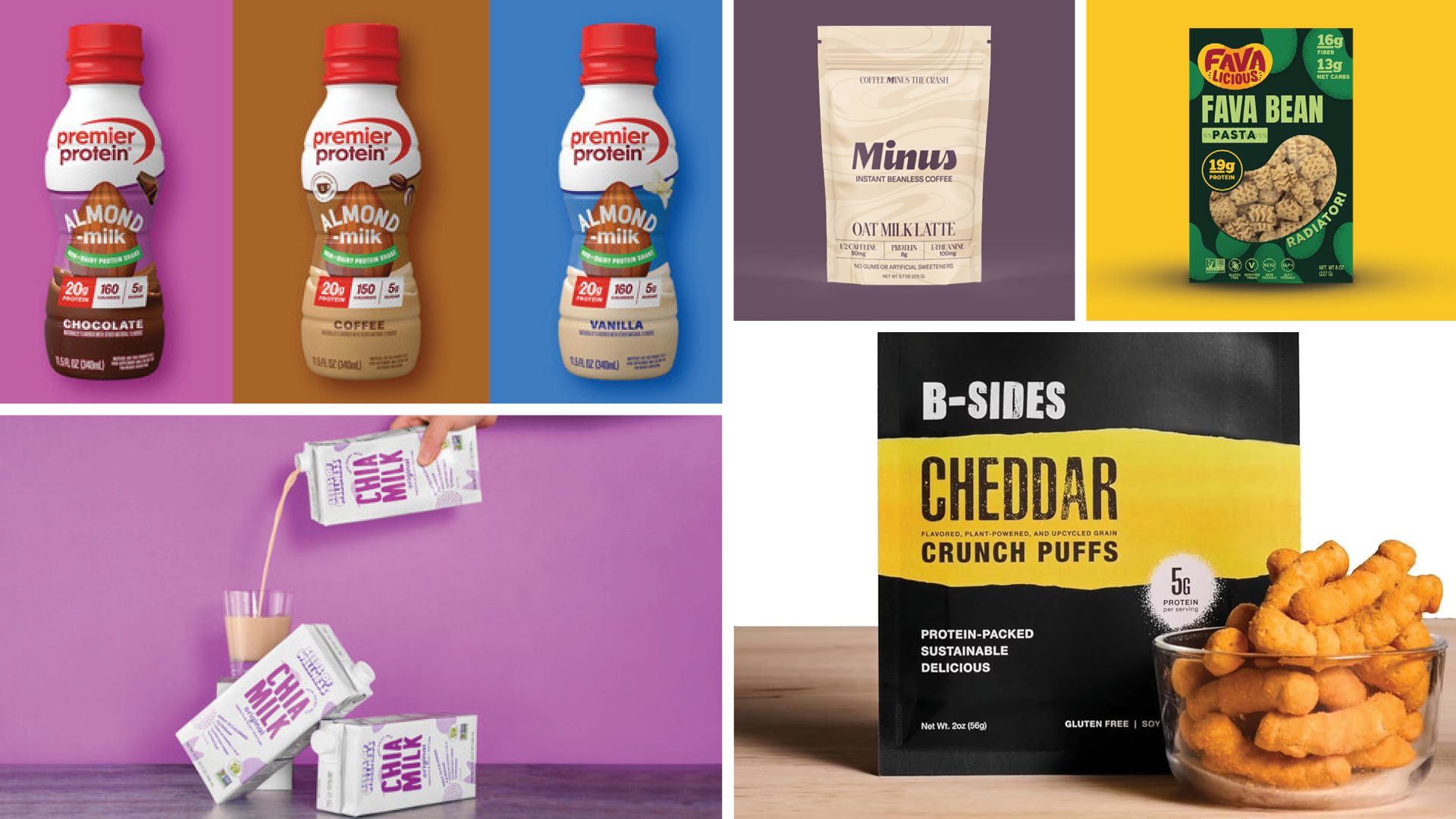MEDICINE LAKE, Minn. – Initially, Annie Ryu’s plant-based brand had to overcome countless obstacles to get consumers to try alt-meat products featuring jackfruit. Yet, 13 years after Ryu founded The Jackfruit Company, that brand and Ryu’s newer jack & annie’s brand appear to be on the path to prosperity.
“We’re about getting people to buy more of these foods that we know are better for them and better for the planet,” Ryu said on October 9 during a panel discussion at this year’s Transform Food & Agriculture USA event.
“For us, the efficient way to create awareness is not to have a gigantic marketing budget, but really to get through solutions to customers where they’re shopping and the ways that they’re buying,” Ryu added.
The company founder and CEO said her brands’ jackfruit-based alt-protein products are among the best sellers at Whole Foods and Sprouts grocery chains. That’s a far cry from a decade ago – when Ryu had to bring jackfruits to every sales call, to familiarize potential clients with the large tree fruit, which can reach more than 100 pounds in weight.
The jackfruit is a common part of southeast Asian cuisine, but it has only recently made legitimate headway on American menus.
In recent years, jackfruit has increasingly become a key ingredient in alternative pork sandwiches and chicken patties.
It took a Harvard grad like Ryu to find an effective means to market jackfruit alt-protein products to the U.S.
Her strategy: thinking about the plant-based drivers of demand for consumers.
“First of all, people who are looking to do better for their health, trying to eat more plants. Second, (those) trying to eat more sustainably. Then, I think about: What were some of the concerns that drove people away from plant-based? It’s about taste. It’s about price. Jackfruit is naturally very similar to meat – so much so that people have treated it as a natural meat alternative for hundreds, if not thousands, of years from a texture perspective,” Ryu added. “It also really absorbs the flavor of whatever it’s prepared with.”
Plus, the CEO noted that jackfruit is 40% lower in fat than traditional meat. Of course, when Ryu’s R&D team is at work in Boulder, Colorado, employees are mindful of the fact they won’t win over customers without providing a taste that’s comparable to traditional meat.
“Consumers have been trained to like food that’s quite high in sodium, sugar, and fat,” the CEO said. “One of the things that’s uniquely helpful about jackfruit is that it has that juiciness of meat just from its inherent structure.
“We can deliver that juiciness of meat, without remotely as much fat.”
These are exciting times for Ryu, as The Jackfruit Company recently raised a $5 million series B extension to expand its jackfruit-based meat alternatives across retail, foodservice, and industrial ingredients.
The funding round was led by returning investors InvestEco, Creadev, and Grosvenor Food & AgTech and follows a $23 million series B investment in late 2021, as first reported by AFN.
The Jackfruit Company and jack & annie’s seek to collaborate with larger food companies moving forward. After all, price has historically been a barrier to plant-based product consumption, and Ryu knows that economies of scale can help address that issue.
“We’re really looking to partner with players who can help create added scale,” Ryu said, “and we can bring in our know-how to innovate with them.”
“The biggest business opportunities come to life through custom development innovation partnerships,” she added.
The Food Institute Podcast
Restaurant results for the second quarter weren’t stellar, but people still need to eat. Are they turning to their refrigerators, or are restaurants still on the menu for consumers? Circana Senior Vice President David Portalatin joined The Food Institute Podcast to discuss the makeup of the current restaurant customer amid a rising trend of home-centricity.


